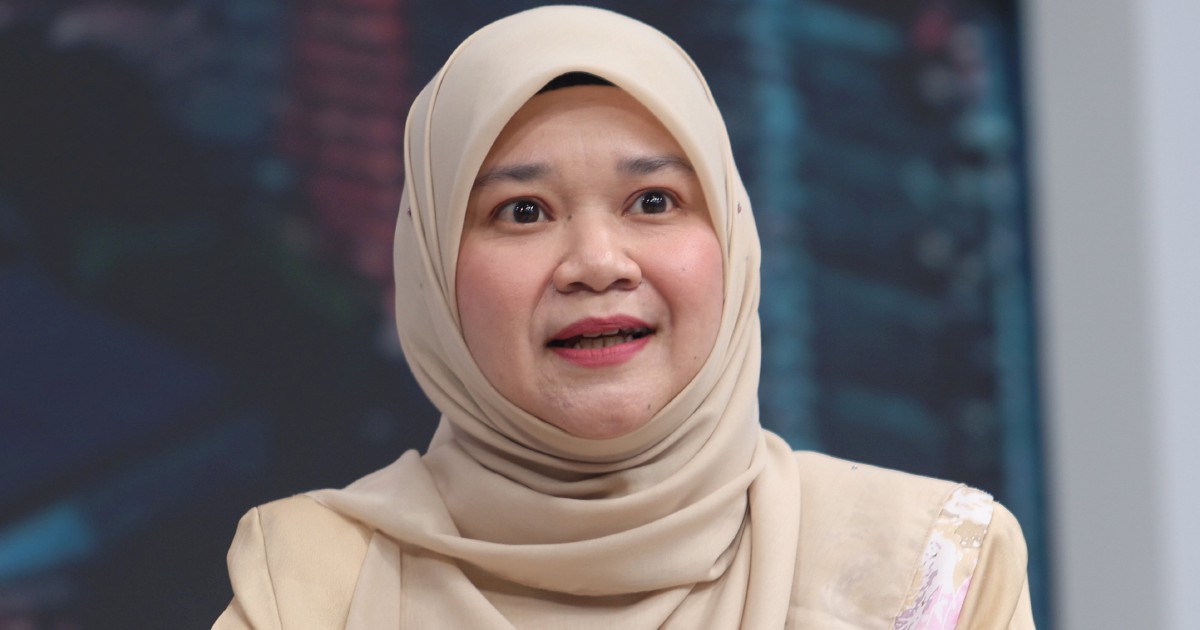KUALA LUMPUR: Education Minister Fadhlina Sidek has assured that the Education Ministry (MoE) has long practised comprehensive transparency measures, including external evaluations, to ensure the effectiveness of its policies and to prevent any concealment of failures.
She said the ministry’s policy implementation undergoes thorough checks and balances through internal and external monitoring, assessments and reporting.
“MoE has always prioritised transparency and accountability in every aspect of national education policy implementation.
“To ensure the effectiveness of our policies, the ministry adopts a comprehensive check-and-balance mechanism through monitoring, evaluation and reporting carried out internally and supported by external parties,” she said in a written parliamentary reply.
Fadhlina said the external reviews involved independent audits and assessments conducted by academic bodies, universities, non-governmental organisations, as well as international organisations including Suhakam, the World Bank and Unesco.
She was responding to Datuk Mohd Suhaimi Abdullah (PN–Langkawi), who had asked why no outside assessments were carried out on MoE’s policy effectiveness and whether this could lead to “cover-ups” of policy failures.
Fadhlina said various high-impact studies were also conducted to gather data, analyse trends and identify issues to produce accurate policy recommendations.
“These include studies on English language proficiency among teachers and students under the Upholding the Malay Language and Strengthening Command of English (MBMMBI) policy, as well as the study on the implementation of classroom-based assessment in primary schools,” she said.
“The findings of these studies are reported periodically to MoE’s top management to ensure effective follow-up action.”
She said the ministry also carries out mid-term reviews to evaluate policy implementation at the halfway point of long-term plans.
“For example, the review of the Malaysia Education Blueprint 2013–2025 examined progress on the 11 policy shifts, identified challenges such as the urban-rural achievement gap, teacher workload and the effectiveness of the assessment system,” she said.
“It also recommended improvements in areas such as education digitalisation, strengthening Technical and Vocational Education and Training (TVET) and school autonomy.”
On development projects, Fadhlina said the MoE requires systematic reporting, including twice-monthly development expenditure performance reports and project progress updates from the district level up to the ministry’s Development Division.
Monitoring is also carried out through the Education Institution Development Project Monitoring Portal, which includes site visits and general reporting on physical projects such as school construction.
“In addition, the ministry’s Internal Audit Unit prepares annual reports evaluating financial performance, contract management and quality of work, including classroom upgrades into Design and Technology workshops,” she said.
“All these mechanisms demonstrate that policy and development project implementation is continuously monitored, evaluated and improved with the involvement of multiple stakeholders, ensuring transparency and the effectiveness of national education policies.”
© New Straits Times Press (M) Bhd

